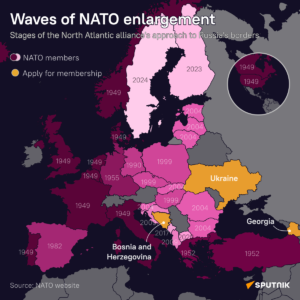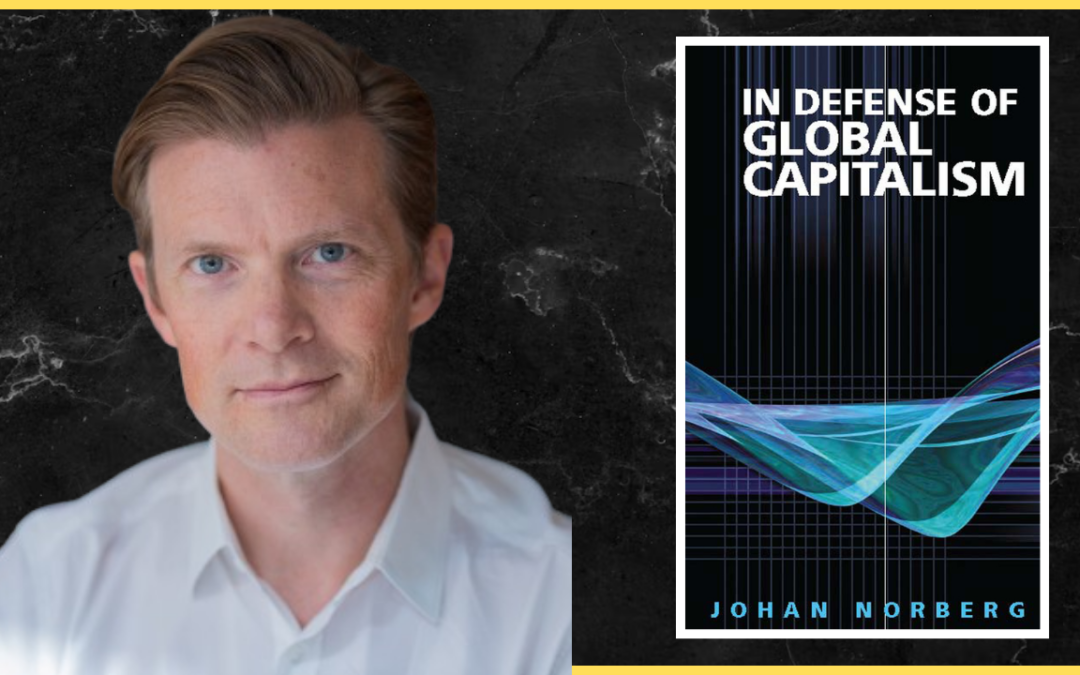The Russians have been invaded by the West four times [1812, 1914, 1918, 1941] in the last 212 years. Of course, technically, the precursor for 1918-20 was the German injection of the Bolshevik bacillus in the person of Vladimir Lenin into the Russian body politic in 1917 on the sealed train from Switzerland.
Red-lines are a real thing.
The present CIA director, William J. Burns, inferred this in 2008 in his capacity as US Ambassador to Russia. He knew better then but apparently doesn’t know better now.
“NYET MEANS NYET: RUSSIA’S NATO ENLARGEMENT REDLINES.”
“Ukraine and Georgia’s NATO aspirations not only touch a raw nerve in Russia, they engender serious concerns about the consequences for stability in the region. Not only does Russia perceive encirclement, and efforts to undermine Russia’s influence in the region, but it also fears unpredictable and uncontrolled consequences which would seriously affect Russian security interests. Experts tell us that Russia is particularly worried that the strong divisions in Ukraine over NATO membership, with much of the ethnic-Russian community against membership, could lead to a major split, involving violence or at worst, civil war.”
The full message is in the link above and it is a sober and crafty analysis.
Newton’s Third Law is a stone-cold killer of fantastic ambitions.
Email me at cgpodcast@pm.me.













